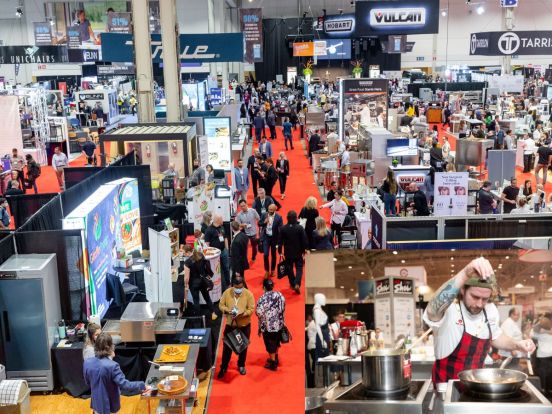Restaurants across the country plan to switch off their lights for two minutes next Tuesday, July 6 to draw attention to ongoing staffing difficulties.
Restaurant Association chief executive Marisa Bidois said it launched the action campaign, starting with a petition calling for further consultation on the Government’s “immigration reset”, to bring attention to both the public and government about the situation.
On July 6, restaurants taking part will have a two minute “lights out” to draw attention to a critical shortage of hospitality workers.
Some businesses planned to close for part or the whole service in protest, but it would depend on their financial situation, Bidois said.
Before Covid-19 hit and the borders closed, about 30 per cent of the New Zealand restaurant workforce were on temporary work visas. The Restaurant Association’s annual report shows eateries were struck hard by Covid-19 but are slowly recovering.
Bidois said the situation was “beyond critical”.
“If this continues, we will be in a situation where businesses will have to reduce operating hours or shut up shop altogether,” she said.
“We have businesses across the country reducing hours, changing decades-long operating schedules, and closing whole services, in order to cobble together a semblance of operations and give their existing teams a break.”
With the Government suggesting that it was looking to turn down the migrant tap, there was “palpable fear” that the industry which was still recovering from lockdowns would suffer another blow.
“We were experiencing a skills shortage prior to border closures but the sector is in the midst of a skill shortage at levels never seen before,” Bidois said.
“Ninety-two per cent of our members say it is difficult to recruit for mid to senior skill-level positions.”
Bidois says the industry usually has about 30 per cent of its workforce on temporary visas.
The number of restaurant workers on temporary visas had slipped to about 15 per cent, “with no viable replacement”.
Bidois said restaurateurs were keen to do more training but the skills gap was now too large, and the sector desperately needed Government intervention to help keep restaurants and cafes operating.
“These are our baristas, our chefs, our cafe managers, they are also our neighbours, our friends, our whānau. The Government owes it to them to listen.”
Coincidentally, Immigration Minister Kris Faafoi has announced six-month extensions to around 10,000 working holiday visas and “supplementary seasonal employment” work visas due to expire between June 21 and December 31 to help manage ongoing labour shortages while the borders are closed.
Essential skills work visas would not be extended again, but the duration of visas for jobs paid below the median wage will increase from six to 12 months, taking them back to pre-Covid settings.








